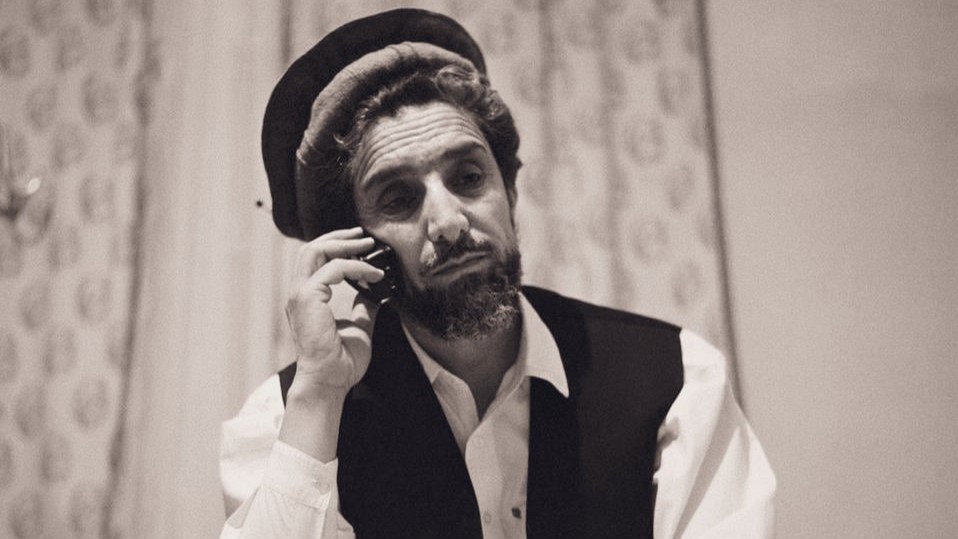Today marks the 23rd anniversary of the assassination of Ahmad Shah Massoud, a key figure in the Afghan resistance against Soviet forces in the 1980s and the Taliban in late 1990s. The former Afghan government honored him with the title of “National Hero.”
Massoud was assassinated on September 9, 2001, by two Moroccan operatives who posed as journalists. His death came just two days before the September 11 attacks in the United States, an event that dramatically shifted global geopolitics.
Born on September 2, 1953, in the Jangalak region of Panjshir province, Massoud was the son of Dost Mohammad Khan. His early education took place in Panjshir, but due to his father’s work, the family relocated to Herat and later Kabul, where Massoud completed his schooling.
In 1973, Massoud entered the engineering program at Kabul Polytechnic University, while simultaneously becoming involved in the Islamic Movement of Afghanistan. By 1975, he had emerged as a leader of the first rebellion against the government in Panjshir.
Massoud’s legacy was solidified during the 1980s when he rose to prominence as a leading commander in the fight against the Soviet occupation. His defense of the Panjshir Valley, nestled in the rugged Hindu Kush mountains, made the region a bastion of resistance. He famously repelled six major Soviet offensives, earning a reputation as one of the most effective military leaders of the Mujahideen.
After the fall of President Najibullah’s Soviet-backed government in 1992, Massoud was appointed defense minister in the Mujahideen-led Islamic government of Afghanistan. However, the country soon descended into civil war as factions within the Mujahideen turned on each other. The resulting violence, particularly in Kabul, claimed thousands of lives and caused widespread devastation.
Mujahideen have been criticized for their inability to restore peace and stability to Afghanistan after the Soviet withdrawal. The internal strife that followed left the nation in disarray, paving the way for the rise of the Taliban in the mid-1990s.





